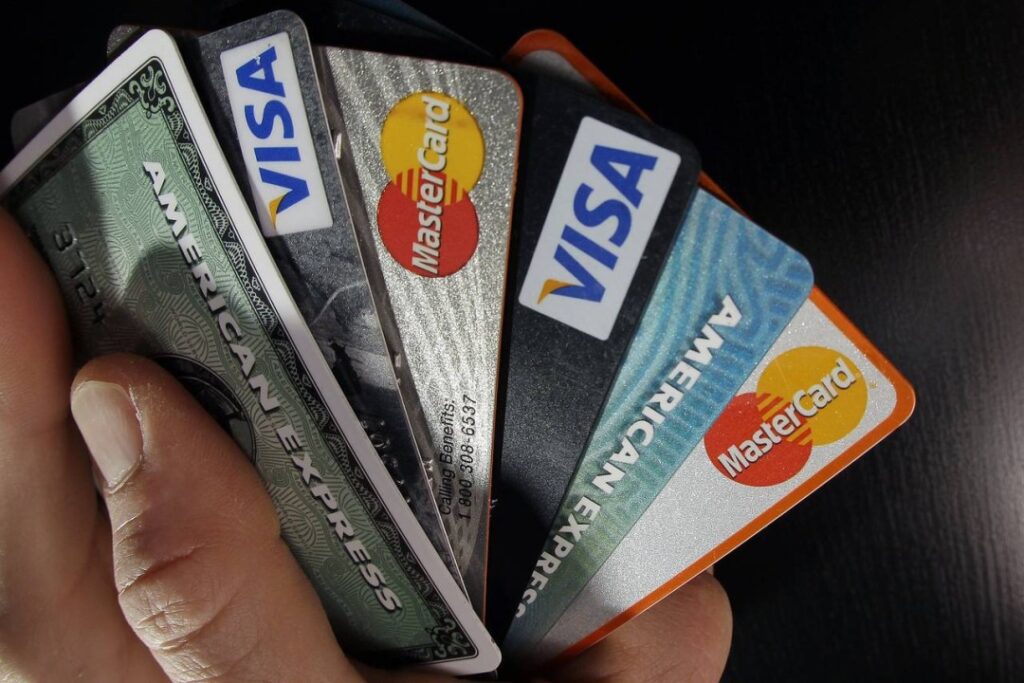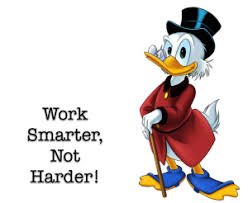Consumer credit is a financial tool that allows individuals to borrow money to purchase goods, personal loans, credit cards, or services. It has become a common way for people to finance their lifestyles, but it’s important to understand how it works and the potential consequences of using it. In this article, we’ll explore the basics of consumer credit and provide tips for using it wisely.
What is Consumer Credit?
Consumer credit refers to the loans and lines of credit that individuals use for personal expenses. This can include credit cards, personal loans, and store credit, among others. Consumer credit is often used to finance large purchases, such as a home or car, or to cover everyday expenses, such as groceries or utilities.

How Does Consumer Credit Work?
When you apply for consumer credit, a lender will assess your creditworthiness to determine whether to approve your loan. This is done by evaluating your credit history, income, and employment history, among other factors. If your application is approved, you’ll receive a credit limit, which is the maximum amount you can borrow.
Interest and fees are typically added to the amount you borrow, and you’ll be required to make monthly payments until the debt is repaid. The interest rate on your loan will depend on several factors, including your credit score and the type of loan you have.

Tips for Using Consumer Credit Wisely
- Make sure you can afford the payments: Before taking out a loan, make sure that the monthly payments fit into your budget. Consider your other expenses and make sure that you can afford to make the payments on time.
- Use credit cards wisely: Credit cards can be a convenient way to finance your expenses, but it’s important to use them wisely. Avoid overspending and make sure to pay your balance in full each month to avoid interest charges.
- Avoid maxing out your credit: Your credit utilization, or the amount of credit you’re using compared to your credit limit, is a major factor in your credit score. Avoid maxing out your credit cards, as this can have a negative impact on your score.
- Pay your bills on time: Late payments can have a negative impact on your credit score, so make sure to pay your bills on time. Consider setting up automatic payments to help ensure you never miss a payment.
- Shop around for the best rates: Interest rates can vary greatly between lenders, so it’s important to shop around for the best rates. Compare offers from multiple lenders to find the one that best fits your needs.
In conclusion, consumer credit can be a useful tool for financing your expenses, but it’s important to use it wisely. By following these tips, you can ensure that you use consumer credit to your advantage and avoid falling into debt.



